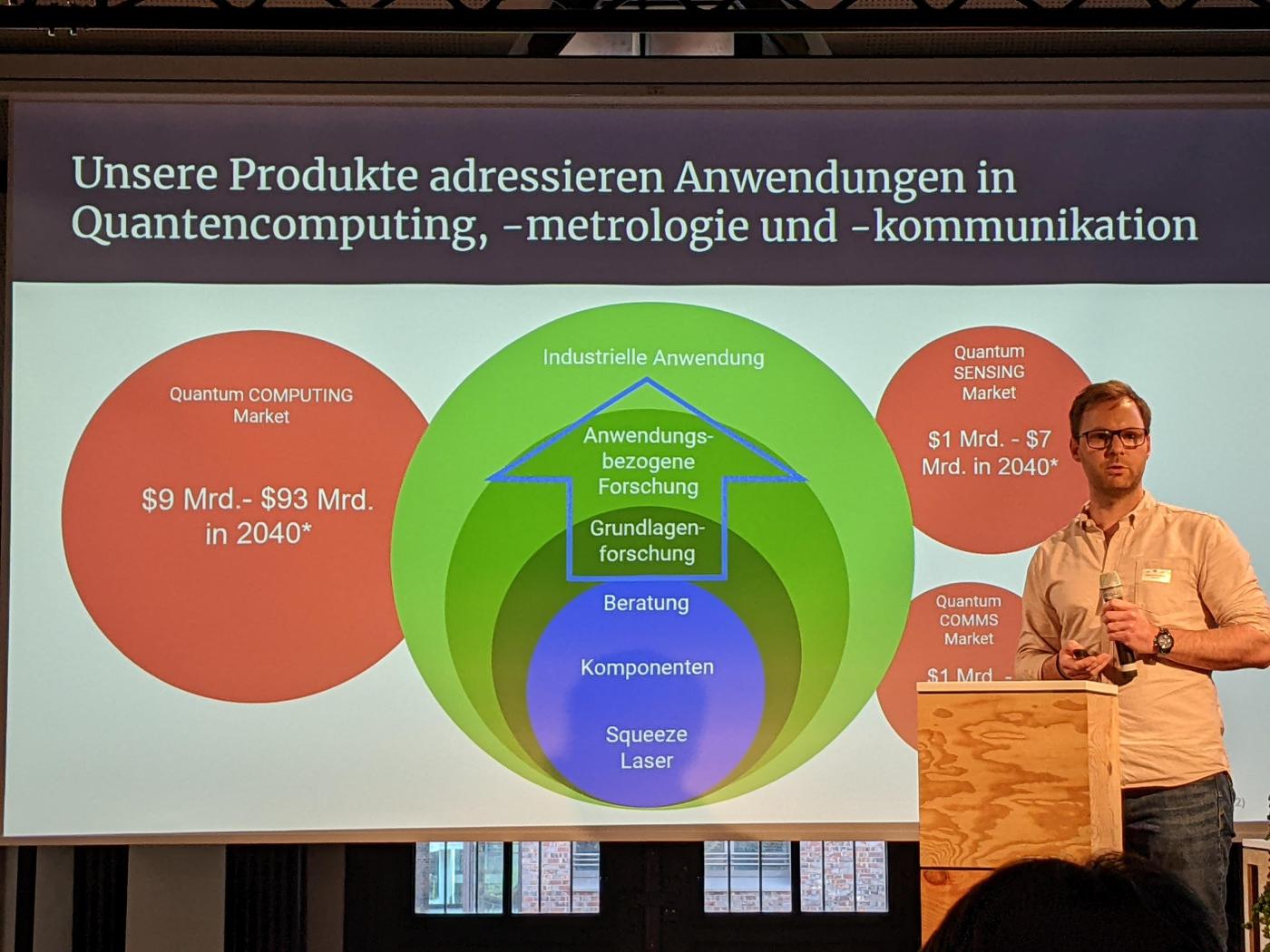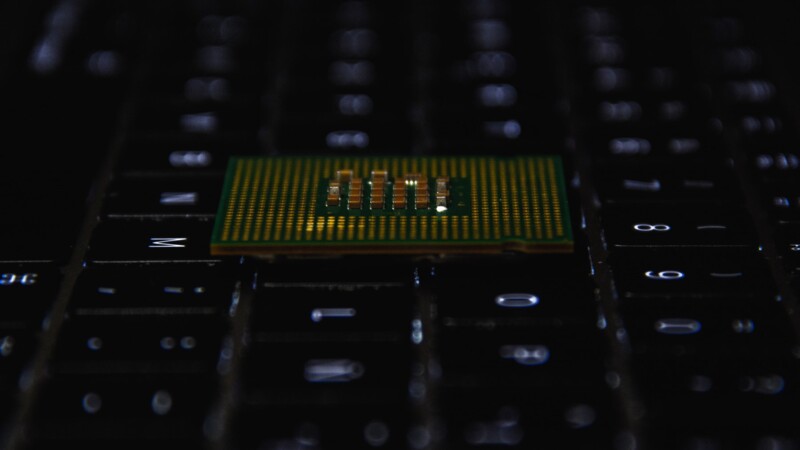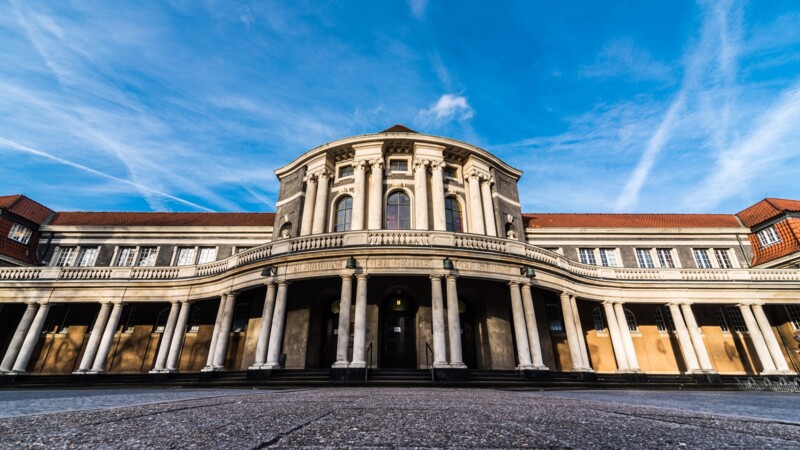Hamburg is now entering the race. During her welcoming speech, Katharina Fegebank, Senator for Science and Research, told delegates: "We have to be fast and develop the first real quantum computer in our city. Politicians want to foster a culture of 'seeing opportunities' and 'making things possible'.” The senate has therefore agreed on a package of measures and is putting EUR 34 million towards a stronger quantum computing ecosystem from 2023 to 2028. Specialists will undergo training and further education at the "Hamburg Quantum Computing School" and a so-called quantum annealer for industrial applications will be created as part of "Rymax-One". Professor Klaus Sengstock, Centre for Optical Quantum Technologies (ZOQ) at the University of Hamburg, which is in charge of the project, pointed out: "The goal is to build a quantum computer demonstrator that can generate 100 qubits.” At present, research into quantum technology focuses mainly on quantum information, communication, measurement and simulation. "A fifth field might consist of materials research using quantum computers,” said Sengstock.
Quantum technology recently took centre stage when movers and shakers in politics, science and commerce met from May 2-3, 2023 for the Quantum Computing Exchange Forum in Hamburg’s CCH. A universally applicable quantum computer remains a dream albeit a very promising one. Thus, the agenda featured all the latest applications and research findings. A value creation potential of up to USD 1.3 trillion is possible by 2035, according to the McKinsey Quantum Technology Monitor 2023 based on qubits, the smallest computing and information unit of a quantum computer. Qubits can assume the states of 0 and 1 and an infinite number of intermediate values making for extremely powerful quantum computers. The German government has earmarked EUR 3 billion to develop the technology by 2026 as part of an action plan agreed in April to apply quantum technologies to the economy, society and state institutions swiftly.
Hamburg Quantum Computing School and "Rymax-One

Hamburg's potential as “quantum harbour”
Quantum technology facilitates research into the atomic structure of materials and entirely new materials can discovered, according to Professor Kerstin Borras, of the German Electron Synchrotron (DESY). Hamburg has the potential to become a dynamic “quantum harbour” in view of its many universities and research institutions as well as the DLR Quantum Computing Initiative (QCI). “Now’s the time to exploit this potential. We are in the second quantum revolution," she remarked. The first quantum revolution led to inventions such as the atomic clock or laser technology. "Now, we can identify and manipulate individual quanta - and that offers unimagined possibilities." However, such opportunities can only be seized, if the transfer from science to industry is successful, delegates agreed.
Quantum technology start-ups pitch for venture capital
Six start-ups presented their business models to potential investors when this transfer became the focus of the Hamburg Quantum Innovation Capital (HQIC) initiative and the DLR Quantum Computing Initiative (QCI) in the Digital Hub Logistics. The start-ups' approaches focused on hardware, services or research. XeedQ, for instance, is developing a tiny, diamond-based quantum computer that is sturdy, robust and mobile and works at room temperature. Kiutra, on the other hand, is researching a cooling system that does not require rare and costly helium 3. Diatope is producing artificial diamond flakes while Advanced Quantum focuses on the quality assurance of quantum hardware. The Anaqor start-up focuses on integrating quantum computer applications into business procedures smoothly. The Hamburg-based start-up, Noisy Labs, addresses applications in quantum computing, quantum metrology and quantum communication with squeezed light or light that is in a special quantum state.

Quantum computing to lead to more innovations
It remains to be seen whether quantum computing will actually be the miracle solution to many problems. But it certainly holds huge potential for further innovations, according to Professor Karsten Lemmer, DLR Executive Board Member for Innovation, Technology Transfer and Scientific Infrastructures. However, plenty remains to be done to achieve proof of concept. QCI is paving the way towards this goal and has received EUR 740 million from the Ministry of Economics and Climate Protection. Around 80 per cent of the funds will go towards companies and especially start-ups via research purchases as well as R&D contracts.
ys/sb/pb
Sources and further information
More
Similar articles

Senate approves EUR 34.1 million for quantum computing in Hamburg

German Aerospace Center opens new institute

